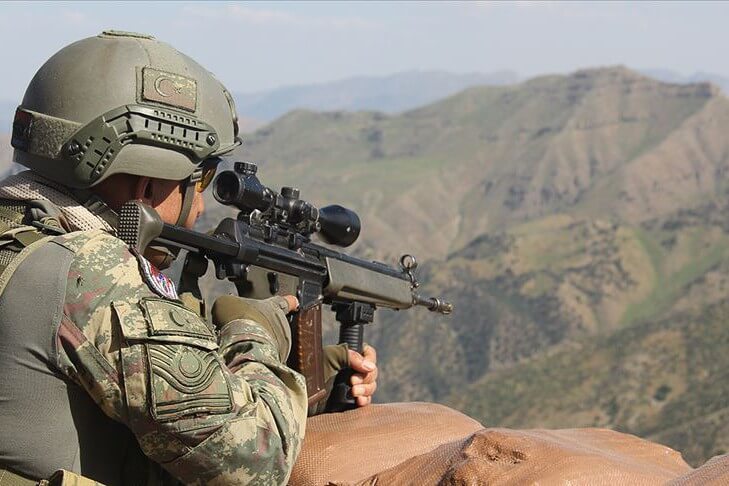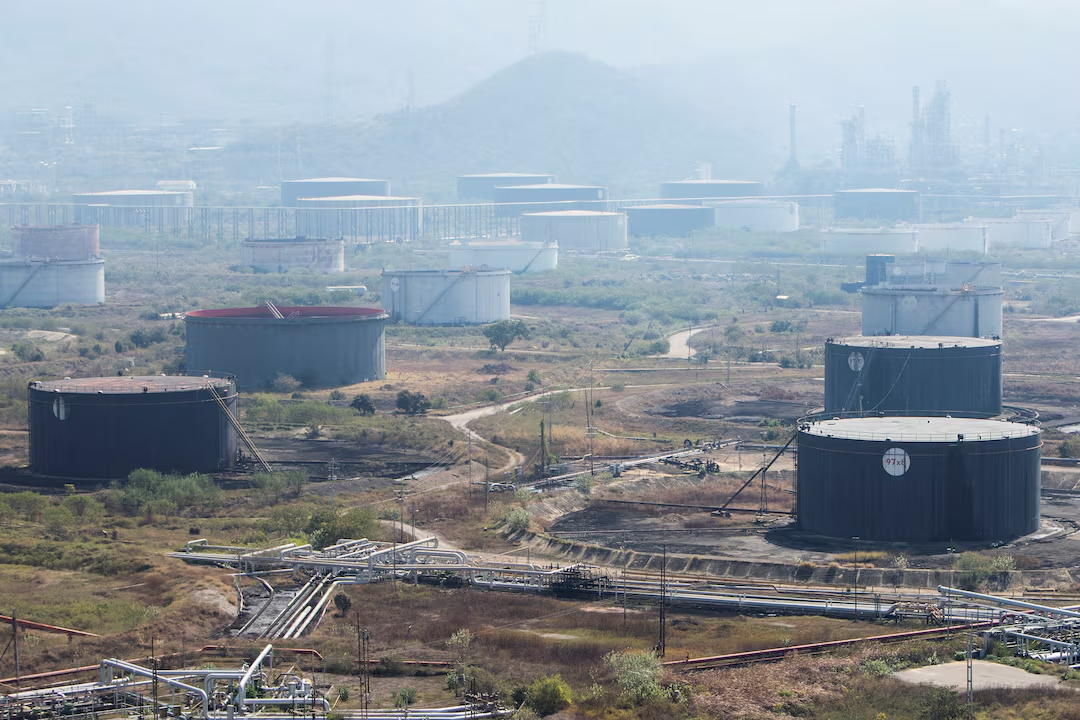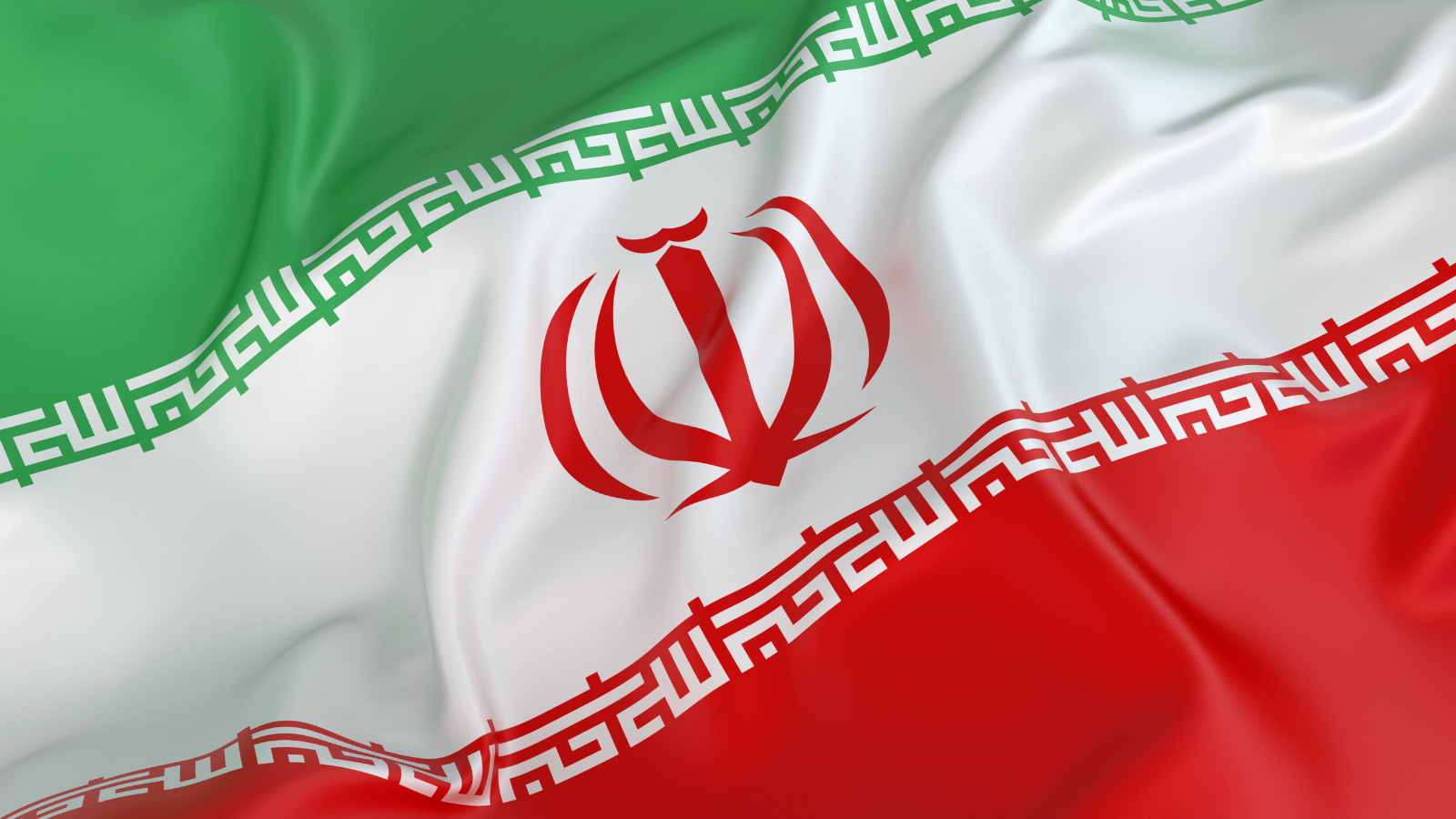Turkey is witnessing one of the most pivotal turning points in its decades-long fight against terrorism. After more than 40 years of armed struggle that strained both its domestic landscape and foreign policy, the PKK has announced the end of its armed campaign and the dissolution of its organization. On the surface, this may appear as a military triumph. Yet a closer examination reveals a multi-layered geopolitical restructuring, shaped by the strategic consensus of regional and global powers. This is not merely the departure of a terrorist group from the stage—it is the herald of a new era in which Turkey’s centrality in the region is poised to grow.
Decoding the New Era: Why Now?
The dismantling of the PKK would have been unimaginable even a few years ago. However, a confluence of factors has prepared the ground: Turkey’s enhanced military and intelligence capabilities, shifting priorities among regional actors, and a broader search by global powers for a new order in the Middle East. The United States, the United Kingdom, Israel, Saudi Arabia, and Russia—among others—now regard the PKK as a costly, outdated, and internationally illegitimate instrument. In its place, more secular, Western-aligned, non-state, yet manageable Kurdish entities are being positioned. These strategic shifts are driven not only by security concerns but also by calculations over energy, trade, diplomacy, and spheres of influence.
The United States: Transitioning to a New Kurdish Strategy
For years, Washington leveraged the PKK and its affiliates—PJAK in Iran, the YPG in Syria—as tools in its regional calculus. Yet, especially during the Syrian civil war, the PKK’s designation as a terrorist group began to tarnish America’s global legitimacy. The emerging strategy favors “soft power” tools—politically representative, pliable Kurdish structures that can be engaged or disengaged as needed. Rebuilding ties with Ankara is integral to this shift. The recent uptick in coordination between the CIA, Turkey’s National Intelligence Organization (MİT), and the UK’s MI6 must be read in this light.
Israel: Investing in the “Kurdish Corridor”
Israel has long refrained from overt support for the PKK. Nevertheless, its deep ties with the Kurdistan Regional Government (KRG) in Iraq and its endorsement of the 2017 independence referendum reveal how critical the Kurdish card is to Tel Aviv. With the PKK out of the picture, Israel sees an opportunity: constructing a “Kurdish corridor” stretching from northern Iraq to Syria, potentially encircling Iran. Such a corridor could become a linchpin in Israel’s regional defense and intelligence architecture.
The United Kingdom: Quiet Influence Behind the Curtain
London has monitored PKK activities in Europe for years and has occasionally served as a diplomatic intermediary—most notably during the Oslo process. Today, MI6 is playing a crucial role in curbing the PKK’s European resurgence and ensuring Turkey remains aligned with the West. The UK values Turkey’s NATO presence, its role in critical energy corridors, and its contributions to European security. The PKK’s exit could elevate Turkey to a more reliable and strategically essential partner.
Russia: A Calculated, Pragmatic Stance
Moscow has at times cooperated with the YPG in Syria, using the group to apply pressure on Ankara. Yet Turkey’s growing energy and defense ties with Russia have nudged the Kremlin toward a more balanced approach. The PKK’s dissolution is no loss for Russia; instead, it presents an opportunity to deepen economic cooperation with a more stable Turkey.
China: Stability and Investment as Priorities
While Beijing is not directly involved in the Kurdish issue, a stable Turkey is beneficial for China’s Belt and Road Initiative and its strategic energy corridors. China favors a predictable, investment-friendly Turkey that is free from internal turmoil. However, China is closely watching how Ankara handles the Kurdish question, especially in light of the Uyghur issue. During my tenure as a diplomat in Beijing, I saw firsthand how China’s perception of Ankara’s stance on Uyghur separatism directly influences its view of Turkey’s Kurdish policy. Beijing does not want to see double standards. This balancing act must be maintained with utmost care in Turkish foreign policy.
The Gulf States: Drawing Turkey Closer Against Iran
Saudi Arabia and the United Arab Emirates have recently sought to normalize relations with Turkey. In a scenario where Turkey is no longer entangled with the PKK, a strategic alignment against Iran becomes more plausible. The Gulf states envision a Turkey that is strong domestically, assertive internationally, and a viable counterweight to Iran.
Toward a New Social Contract
Despite the influence of international players, the real test lies within. The dissolution of the PKK calls not only for enhanced security but also for a new domestic consensus built on justice, representation, and shared belonging.
Lasting peace demands more than amnesty or disarmament. It requires a genuine, inclusive social contract in which the Kurdish identity is recognized, equality before the law is guaranteed, and robust mechanisms for development and political representation are established. Only through an honorable reconciliation and a forward-looking vision can sustainable peace be achieved.
A New Turkey Between Opportunity and Threat
With the PKK’s withdrawal, Turkey stands at a historic crossroads. This moment offers both a tremendous opportunity and a significant peril. If the resulting vacuum is poorly managed, new and more complex crises could emerge. However, with a rational, inclusive, and strategic approach, this development could be far more than the dismantling of a terrorist group. It could mark a defining moment that strengthens Turkey’s domestic peace and solidifies its regional leadership. Handled wisely, this could be the moment when Turkey not only closes the chapter on terrorism but also passes one of the most difficult tests in its modern history with honor—and curbs the meddling instincts of great powers in its internal affairs.








